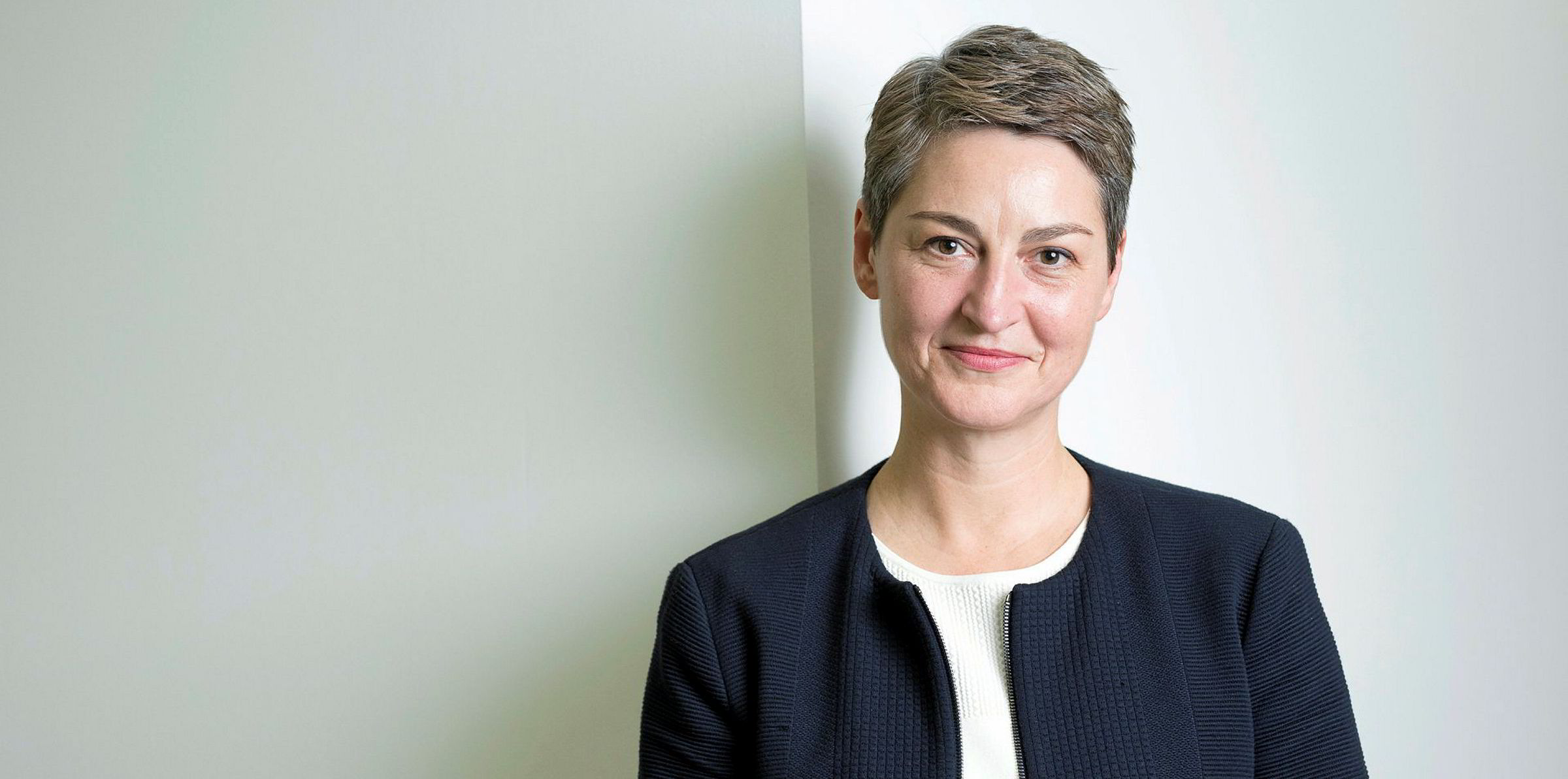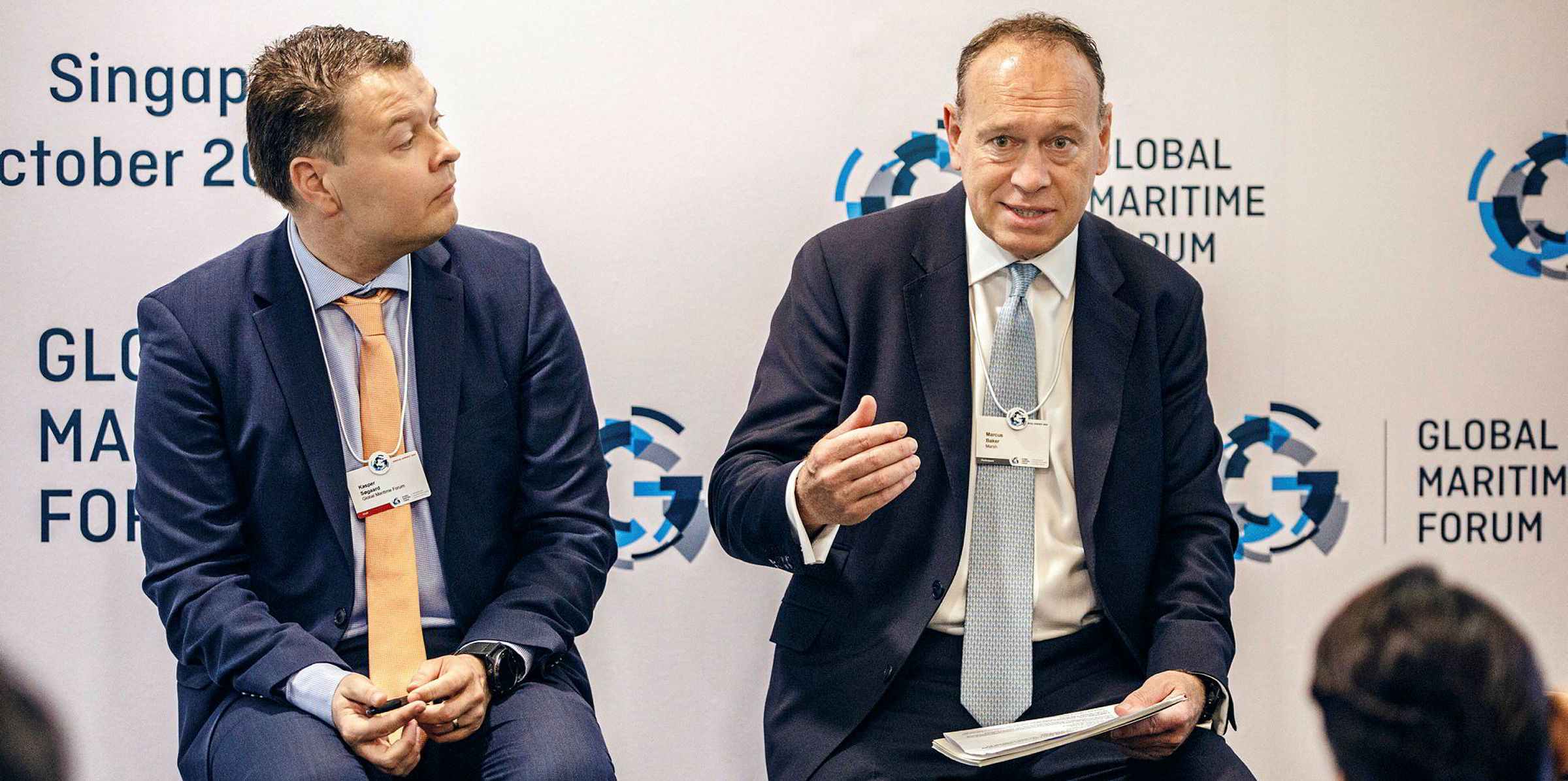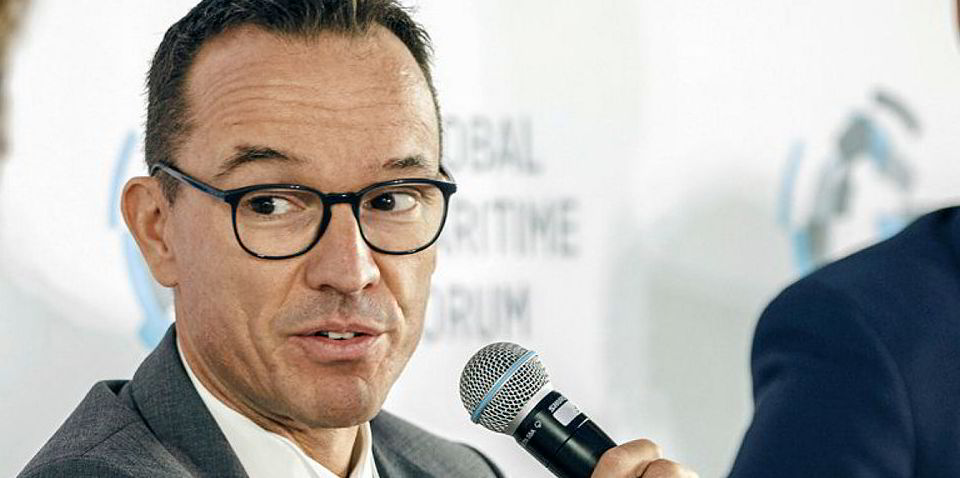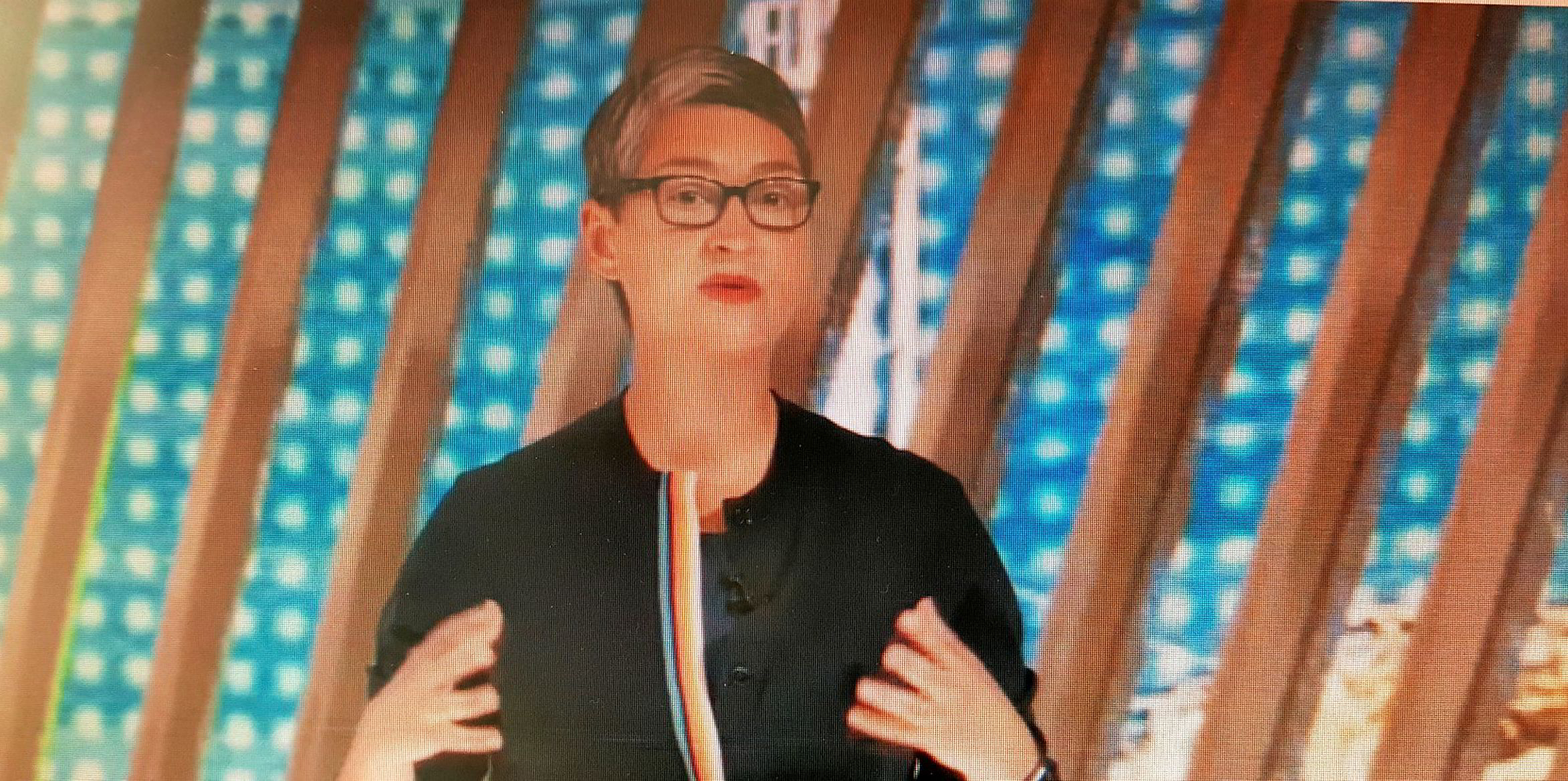Energy major BP is joining the Getting to Zero Coalition and the Global Maritime Forum (GMF).
The move emerged as part of GMF's virtual meeting on Wednesday.
BP trading and shipping executive vice president Carol Howle said: "We are going to decarbonise our own activities, but we are also proud to be working together as an industry as partners in this coalition to decarbonise the industry together starting today."
The Getting to Zero Coalition is an alliance of over 120 companies within the maritime, energy, infrastructure and finance sectors committed to getting commercially viable deep sea zero emission vessels powered by zero emission fuels into operation by 2030.
Howle was speaking on a panel alongside Trafigura's executive director and co-head of oil trading, Jose Maria Larocca, and Maersk Drilling board member Kristin Holth.
Larocca lobbied for a carbon levy and slow steaming for vessels
He reminded that the shipping industry accounts for 2% to 3% of world carbon emissions. “It is essential that we embrace strategies that will lead to rapid decarbonisation”.
He urged other charterers to sign up to the Sea Cargo Charter, which launched on Wednesday and included Trafigura as a founder signatory.
Larocca said the charter will improve transparency and benchmark the industry’s progress against the IMO’s emissions reduction targets.
He said Trafigura, which charters around 4,000 ships a year, would welcome a mandatory speeding reduction for vessels. But added that this needs to be done quickly and on a level playing field.
Carbon taxing
But he said efficiency measures will not deliver the scale and pace of change demanded so regulation is needed in the longer term.
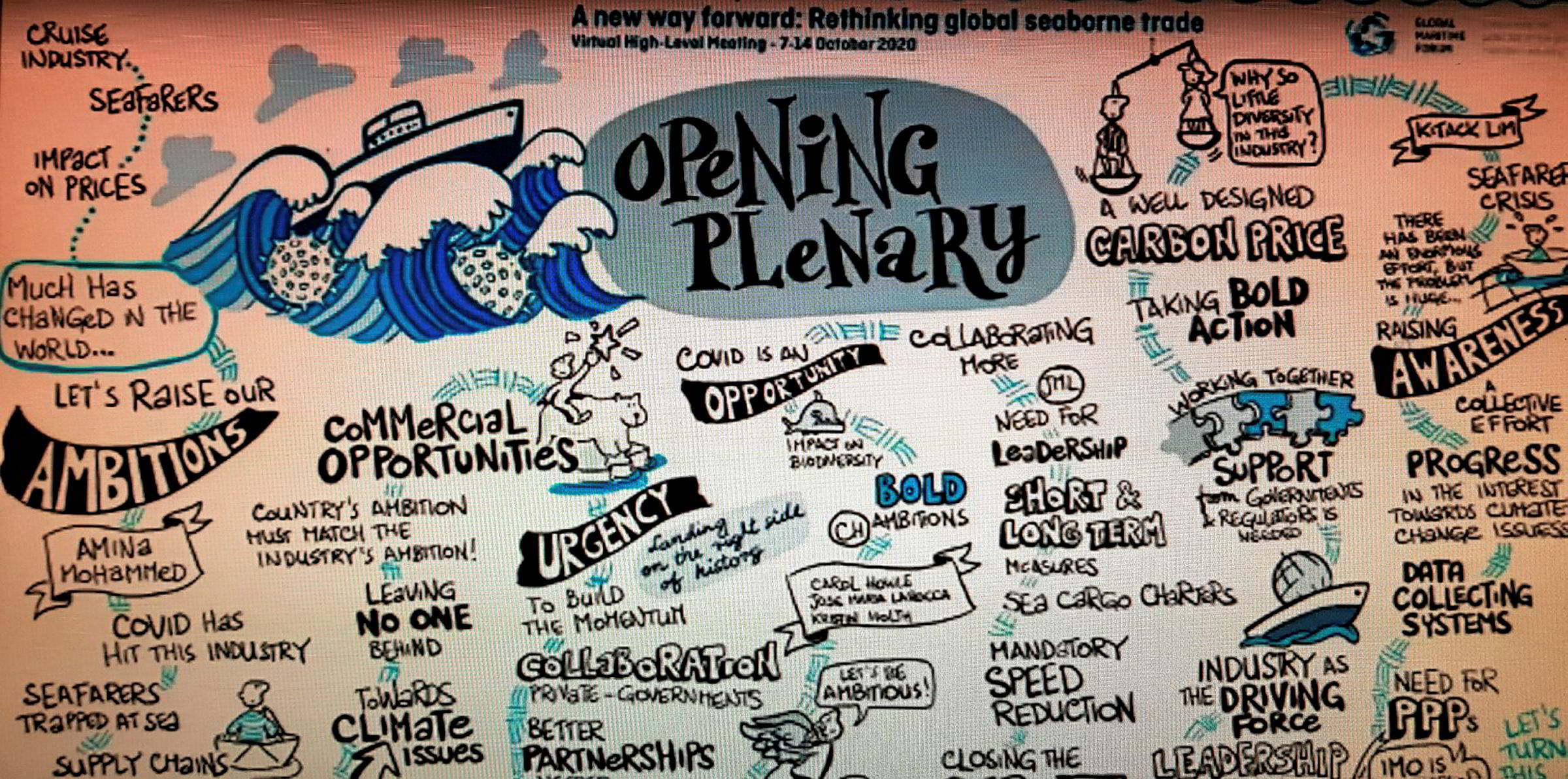
“We have to close the competitive gap between carbon intensive fuels and their greener alternatives. It is for this reason that we believe it is time to put a price on carbon emissions through a market-based measure,” he said, referencing Trafigura’s proposal to the IMO for a carbon levy on marine fuels.
“Regulators and governments need to set the rule to encourage investment and we as an industry must be ready to embrace the changes that will come and play a full part.”
We need to lift our eyes towards the horizon and be pioneering. The others hopefully will follow
Kristin Holth
Howle agreed on the need for a “well-designed carbon price” describing it as “key”.
She said partnership is critical as players have different roles to play.
Howle said BP, which has committed to become a net zero company by 2050 or sooner, has set targets and is working efficiency measures for its vessels, trialling methane measurements, biofuels trials and working around future fuels.
But she said there is a need for regulators and governments to support this to ensure everyone is working together for the same target.
Holth said the calls for a carbon levy send a clear signal for the IMO and the regulators that there is industry support for serious policy measures that can make low carbon shipping commercially viable.
She said the depth and seriousness of the challenges facing the maritime industry demands leadership
Holth said the industry is still not enjoying a good reputation.
She urged maritime to embrace environmental, social and corporate governance (ESG) as an opportunity rather than a burden and said over time companies would not get access to the best finance or human capital unless they have a sustainable business model.
'Drive the change'
“Industry must drive the change. The regulators cannot be the driving force,” Holth said.
“The leaders of the industry need to have higher targets and ahead of the others. That is the way to lead. They cannot be average or minimum.
“We need to lift our eyes towards the horizon and be pioneering. The others hopefully will follow.”
